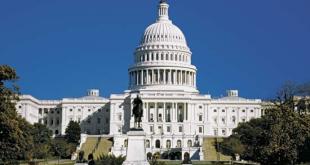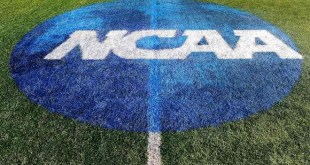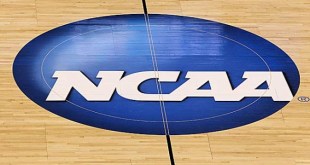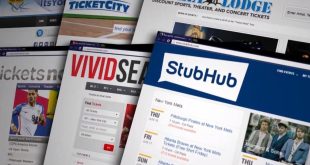Ever wondered why we have a few seemingly random NFL games on Saturdays towards the end of the season? Why not Friday night? Why only at the end of the season? The answer lies in the Sports Broadcasting Act of 1961 (“SBA”) which prevents NFL broadcasts from competing with collegiate and high school football games.[i] Essentially, the SBA bars the NFL from televising games during a 36-hour window starting 6pm Friday and ending 12am Sunday. The prohibition begins on the second Friday in September and runs through the second Saturday in December. Thus, like clockwork, on the third Saturday in December, by the grace of The Football Gods Congress we have NFL football.
Interestingly, the SBA does not strictly prohibit the NFL from televising its games on Fridays or Saturdays. The SBA grants the NFL, NBA, MLB, and NHL an antitrust exemption which allows them to pool and jointly sell their broadcasting rights. But what the SBA gives with one hand, it takes away with the other. If the NFL televises games during the prohibited 36-hour window it loses the antitrust exemption provided by the SBA. Losing that legal protection could cost the NFL billions. So rather than risk a lawsuit and the accompanying treble damages, the NFL stays outside the no-fly zone prescribed by the SBA.
A Detailed Look at The History Of The Sports Broadcasting Act and How It Works Today
To understand the SBA is to understand the tidal wave of change that occurred in the middle of the 20th century that forever altered the way the country viewed live sporting events. At the turn of the nineteenth century, the only way to view a sporting event was to be physically present at the site of the event. However, radio and television changed the ways in which sports fans could “consume” a sporting event.
In 1920, the first radio broadcast of a collegiate football game took place. Then, in 1939, NBC televised the first live sporting event – a baseball game between Columbia and Princeton. Five months later, NBC televised the first professional football game – the Brooklyn Dodgers vs. the Philadelphia Eagles. At first, these telecasts were viewed in limited numbers. For example, in 1948, only 190,000 television sets were in use in the United States. But, by 1950, that number skyrocketed to 10.5 million.
The rising accessibility and popularity of televised sports represented a threat to live-game attendance, which at the time, was the primary revenue stream of professional teams. In 1953, in an attempt to protect live ticket sales, the NFL adopted a rule preventing the broadcast of outside games into a team’s home market, regardless of whether it was playing at home or away. As a result, the Department of Justice initiated an antitrust suit against the NFL. The United States District Court, for the Eastern District of Pennsylvania found the away-game restriction to be an illegal restraint of trade. But, it found the home-game restriction to be reasonable because protection of “home game attendance is essential to the very existence of the clubs.” As a part of the court’s final judgment it enjoined the NFL and its member clubs from making any agreement which had the purpose or effect of restricting the areas within which broadcasts or telecasts of games may be made.
Eight years later, in an attempt to compete with the emerging AFL; the member teams of the NFL pooled their broadcast rights and attempted to sell the pooled rights to CBS. Once again, the NFL was turned back by the Eastern District of Pennsylvania which found that the CBS contract was a violation of the injunction issued 8 years earlier.
Rebuked by the courts, the NFL turned to Congress. Two months after the NFL’s contract with CBS was held invalid, Congress passed the SBA. Section 1291 of the SBA allows the leagues to sell pooled broadcast rights to sponsored telecasts (NBC, ABC, and CBS) by exempting such agreements from antitrust laws.[ii] Thus, the NFL successfully protected their primary revenue source (live-attendance) by pooling the broadcast rights of its member clubs and negotiating with the networks as to when and where games would be televised.
Today, as a result of the SBA, the NFL pools the rights to broadcast all regular season and post-season games. Individual teams are only allowed to independently sell their pre-season broadcast rights.
So, the next time you decide to stay home on a Friday or Saturday night in the fall and can’t watch live NFL games you will know who to blame – Congress.
[i] Protection for high school football wasn’t added until 1966. See, Colorado High Sch. Activities Ass’n v. Nat’l Football League.
[ii] 15 U.S.C. § 1291. The term “sponsored telecast” has been the subject of some debate but the better argument is that it applies only to traditional ‘over-the-air’ broadcasts such as NBC. At the time the Act was passed FOX was not in existence, but the law clearly applies to league contracts with the network.
 The Sports Esquires Putting Sports on Trial
The Sports Esquires Putting Sports on Trial




